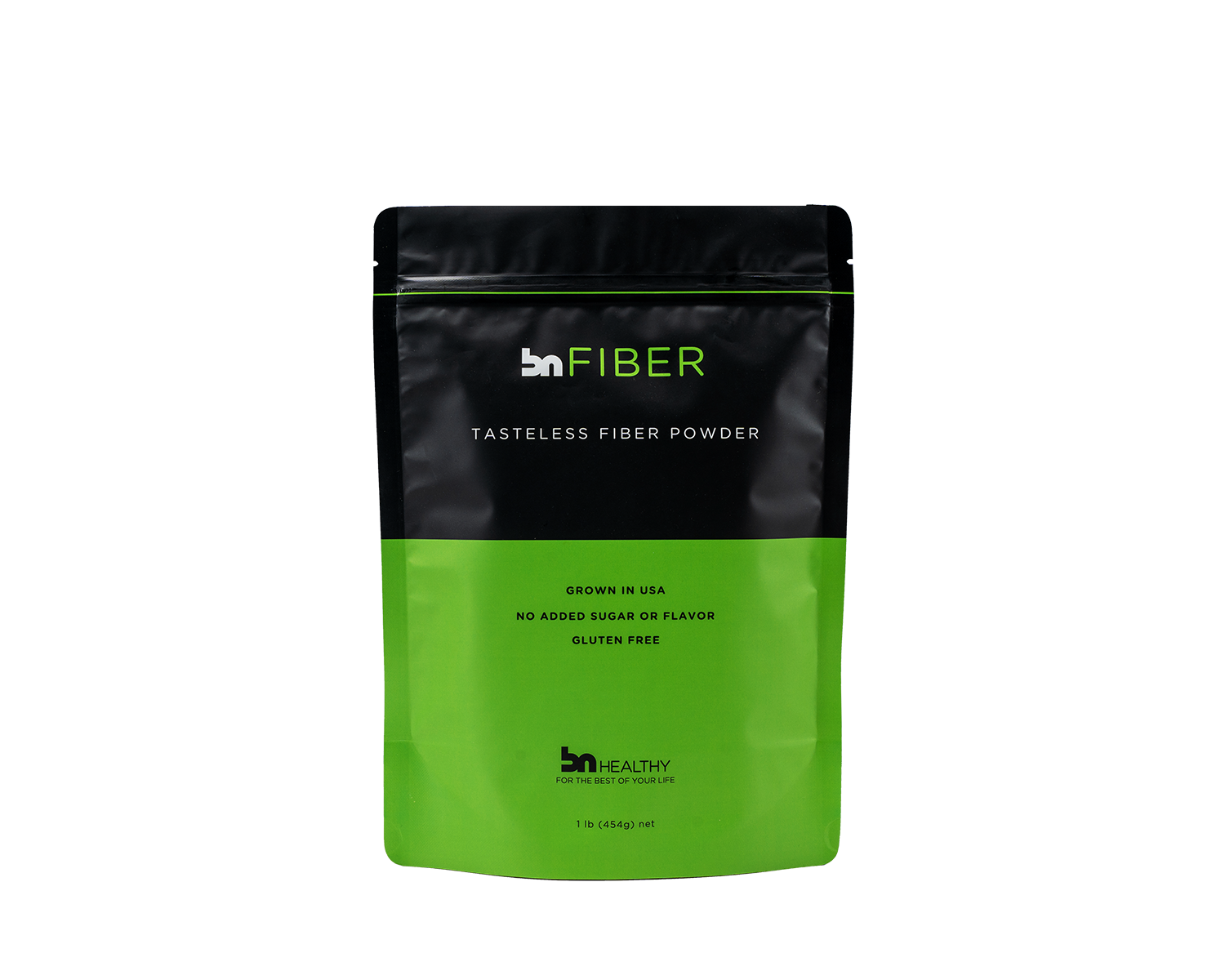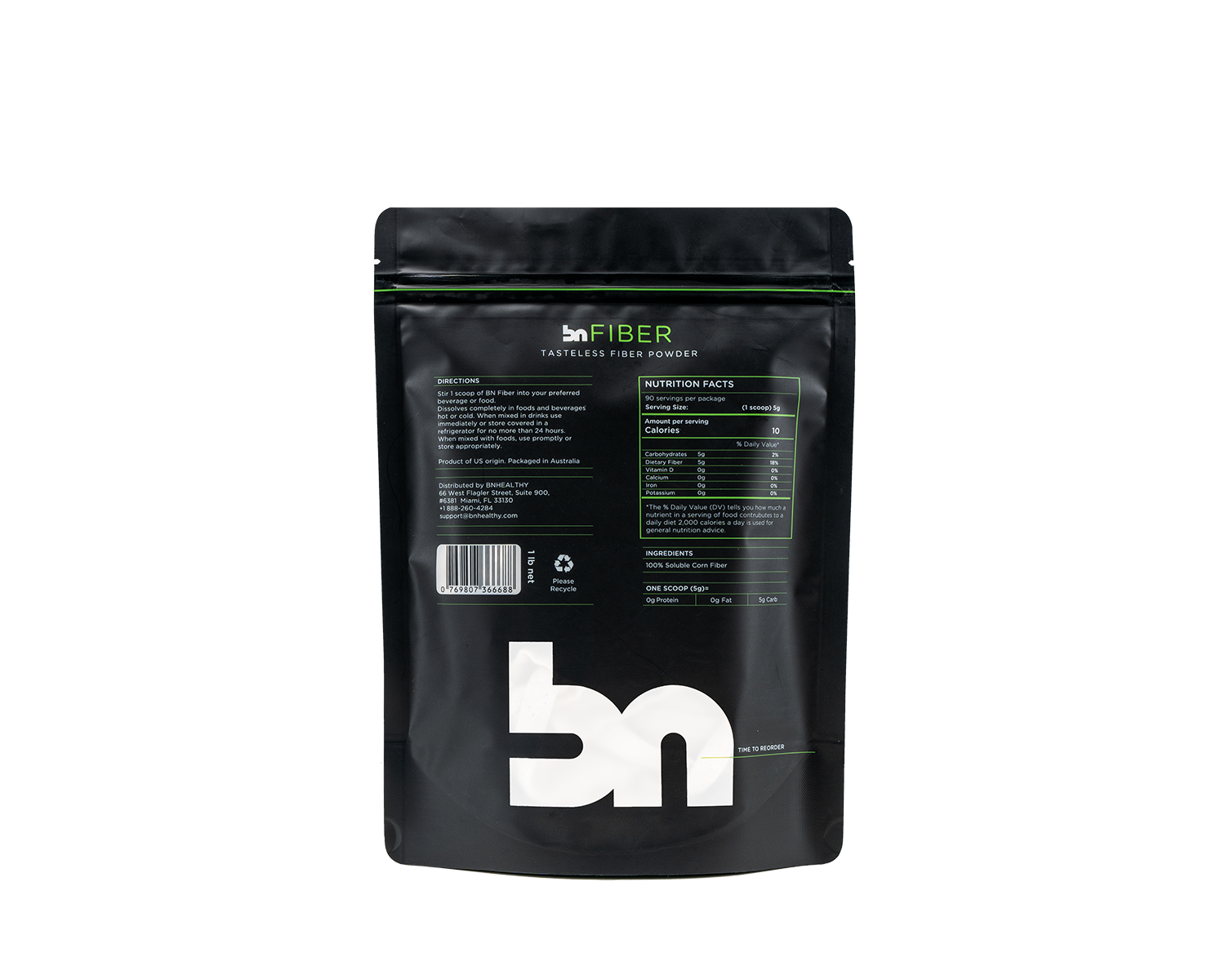November 2022
Trust Your Gut: How to Improve Your Gut Health

When it comes to staying healthy, a great place to start is prioritizing your gut health. Our gut plays an essential role in maintaining health, so it's important to understand what it is and how to improve it.
How does my gut impact my health?
The gut-brain connection is probably something you've heard before. Recent research, however, has revealed that gut health could impact the human body in myriad ways.
The gastrointestinal (GI) digestive system is the primary "portal" for nutrient intake and processing, but it also functions as a communication hub and disease fighter.

Everything, including your nervous and immune systems to your psychological health and digestive function, is influenced by a healthy gut.
Overall, gut health is related to
- General well-being,
- Bone and skin health,
- And the ability to fight infections.
What is gut health, and what can impact it?
The digestive tract, otherwise known as the gastrointestinal tract, covers the body parts responsible for food intake, nutrient absorption, and discarding or feces. It includes the
- Mouth
- Stomach
- Oesophagus
- Small Intestine
- Liver
- Pancreas
- Gallbladder
- Colon
- Rectum
When we talk about gut health, we're referring to the bacteria in the microbiome, and most of the "microbiome magic" happens in the large intestine. Our bodies and microbiomes have a symbiotic relationship.
A healthy microbiome generally indicates a "safety net" is formed inside your body and outside (yes, your skin is also covered in microbes).
The "safety net" will prevent infectious germs and viruses before they enter your body. The microbiome acts like "crowd control" when you have a solid population of health-promoting good guys.
The bad guys simply don't have room to set up camp and cause a ruckus!!
So, while some bacteria are harmful to our health and others are beneficial, both must exist in balance.
Importance of Gut Health
Your digestive system, also known as your gastrointestinal system, digests the foods you eat, absorbs nutrients from them, and uses some nutrients to fuel and maintain your body.
Here are 10 Symptoms of Poor Gut Health:
1. You have a stomach ache
Frequent discomfort, gas, bloating, constipation, diarrhea, and heartburn may indicate that your gut struggles to process food and eliminate waste.


2. You are exhausted easily
People who endure daily fatigue may have gut imbalances. The health of your digestive system relies on the presence of healthy microbes and digestive enzymes to turn food into FUEL.
The enzymatic activity and your overall gut health will turn the key to improved energy and vitality.
3. You have difficulty sleeping
in general
Insomnia or poor sleep due to an unhealthy gut can lead to fatigue. The gut produces most of your body's serotonin, which affects a healthy mood and restful, uninterrupted sleep.
4. You are reacting badly to
certain foods
A poor bacterial balance in the gut may cause food sensitivities. If you have difficulty digesting certain foods, you may have a food intolerance. Bloating, gas, diarrhea, nausea, and abdominal pain may result.
5. You have extreme food cravings,
particularly for sugar
Too much sugar in the diet can result in an overabundance of unhelpful bacteria for example, Candida Albicans.
High sugar intake and low levels of fiber from fruit, vegetables and grains can lead to an overgrowth of candida, which can present as thrush, tinea, or recurring Urinary Tract Infections (UTI).
How does candida affect cravings? It needs sugar to survive and will set up the sensation of sugar cravings to sustain itself.

6. You have unintentionally gained or lost weight
When your gut is imbalanced, your body will have difficulty absorbing nutrients, storing fat, and regulating blood sugar. Bacterial overgrowth or a lack of nutrients can cause weight loss or gain.
7. You have skin rashes
Most skin conditions, such as eczema, acne, and psoriasis, are linked to digestive health. Once the gut is happy, the skin and inflammation-related symptoms will start to settle.
8. You suffer from migraines
Headaches and gut health may be linked, especially if you experience nausea or vomiting with migraines. According to research, people with constant headaches are more likely to have gastrointestinal problems.

9. You have autoimmune issues
Establishing a robust set of healthy bacteria in the digestive system will likely go a long way to preventing auto-immune conditions. Still, if they become a part of your healthy picture, ensuring your gut health is in pristine condition will boost your immune system and help reduce the "flares" related to autoimmune conditions.
Being gut healthy will also reduce the progression of such diseases and is an important consideration as part of an auto-immune protocol for reducing inflammation and calming the immune system.
10. You experience frequent mood swings
Digestive issues and nervous system inflammation can cause anxiety and depression. This is linked to blood glucose regulation, neurotransmitter production and reducing inflammation in the brain to boost mood. Reducing systemic inflammation through improving gut health will improve your clarity of thought and overall disposition.

How to improve your gut health?

1. Consume fiber-rich and probiotic-rich foods
According to research, fibre is a plant-based nutrient that lowers the risk of metabolic problems by stimulating the growth and diversity of excellent bacteria in the gut. Fiber-rich foods include sweet potatoes, spinach, beets, carrots, and fennel. Whole grains, in addition to fruits and vegetables,
are high in fiber.
Fermented foods, such as kimchi, yogurt, sauerkraut, and kombucha, are also prized for their gut-boosting properties due to the presence of probiotics.
2. Think about a supplement
Probiotic supplements are becoming increasingly popular as awareness of the importance of gut health grows. While probiotic supplements aren't a cure-all for gut health, there is some evidence that they can boost the microbiota and restore gut health in certain circumstances. From probiotics to protein and bariatric supplements, we have got you covered.


3. Regular exercise
Many aspects of the human body, including the microbiome, benefit from movement. Regular exercise improves overall detoxification and elimination pathways, supports the lymphatic system to boost immune and digestive health, and plays a large part in our mental health.
4. Limit your alcohol consumption
Excessive drinking will also hurt your microbiome. Repeated alcohol consumption has been linked to gastritis, a condition in which the gut is inflamed. Alcohol consumption can also cause heartburn, ulcers, and bacterial infections resulting from such inflammation.


5. Lower stress levels
Stress is not only mental: Consider the butterflies you get when you're excited or anxious. Gut health experts frequently mention the "gut-brain connection" is referred to the gut as "the second brain." We don't know anything about their relationship, but mental and gut health are inextricably linked.
Anxiety and depression, according to research, are influenced by the gut and vice versa—they can boost the risk of IBS. People with IBS are more likely to suffer from anxiety and depression.
6. Get enough rest
Aim for 7-8 hours of sleep every night. Good sleep helps to balance your hormones and avoid many situations that can harm your digestive health, such as stress or eating too close to bedtime.
7. Drink plenty of water
You've probably heard that staying hydrated improves your body's overall health. Water can help with digestion and is key to cleansing and elimination via the kidneys. Hydration and a healthy microbiome will also prevent recurring urinary tract infections.
8. Make a grocery list
Avoid the center aisles containing processed foods and refined sugars, and stick to the grocery store's perimeter. Choose fresh, healthy fruits and vegetables. Remember to add your daily dose of proteins and multivitamins.
You can have your multivitamins delivered with all your required supplements at your preferred time.
9. Remove food intolerances
You may have a food intolerance if certain foods consistently cause cramping, nausea, or acid reflux. Try an elimination diet to identify your trigger foods; once you can ascertain the culprit, you can eliminate them. Once removed and the "work" on your gut is often done to establish a healthier environment, you may find you can tolerate the foods that once caused the discomfort because your digestive system works like a well-oiled machine!

Never underestimate the importance of gut health for your body and wellbeing. It's home to trillions of bacteria, not human cells, that work hard to keep you healthy. Your lifestyle can have a severe impact on this balance.
Making simple positive changes like more fiber in your diet, frequent exercise, and protein and digestive supplements is how to heal your gut.


